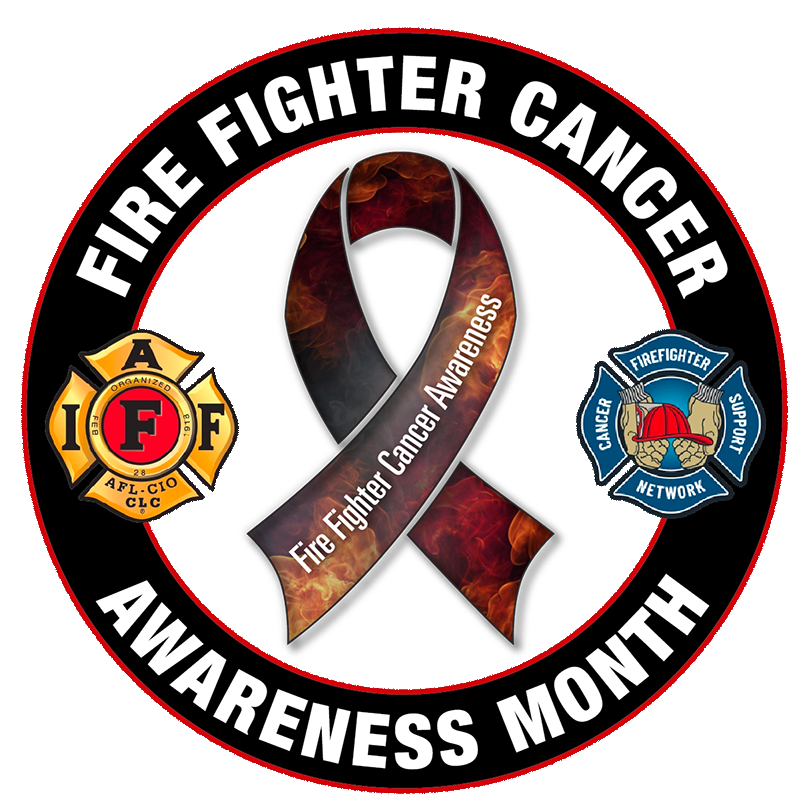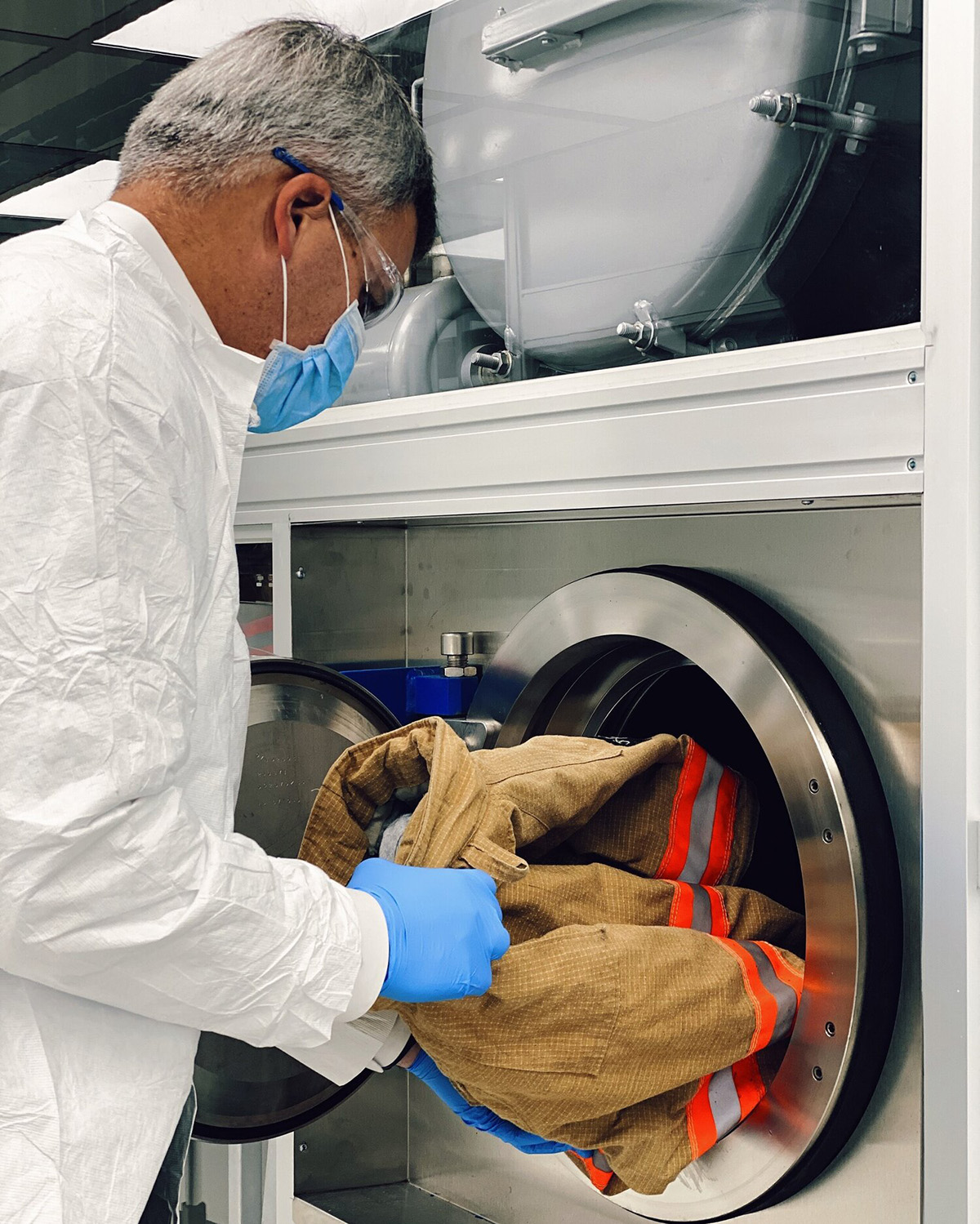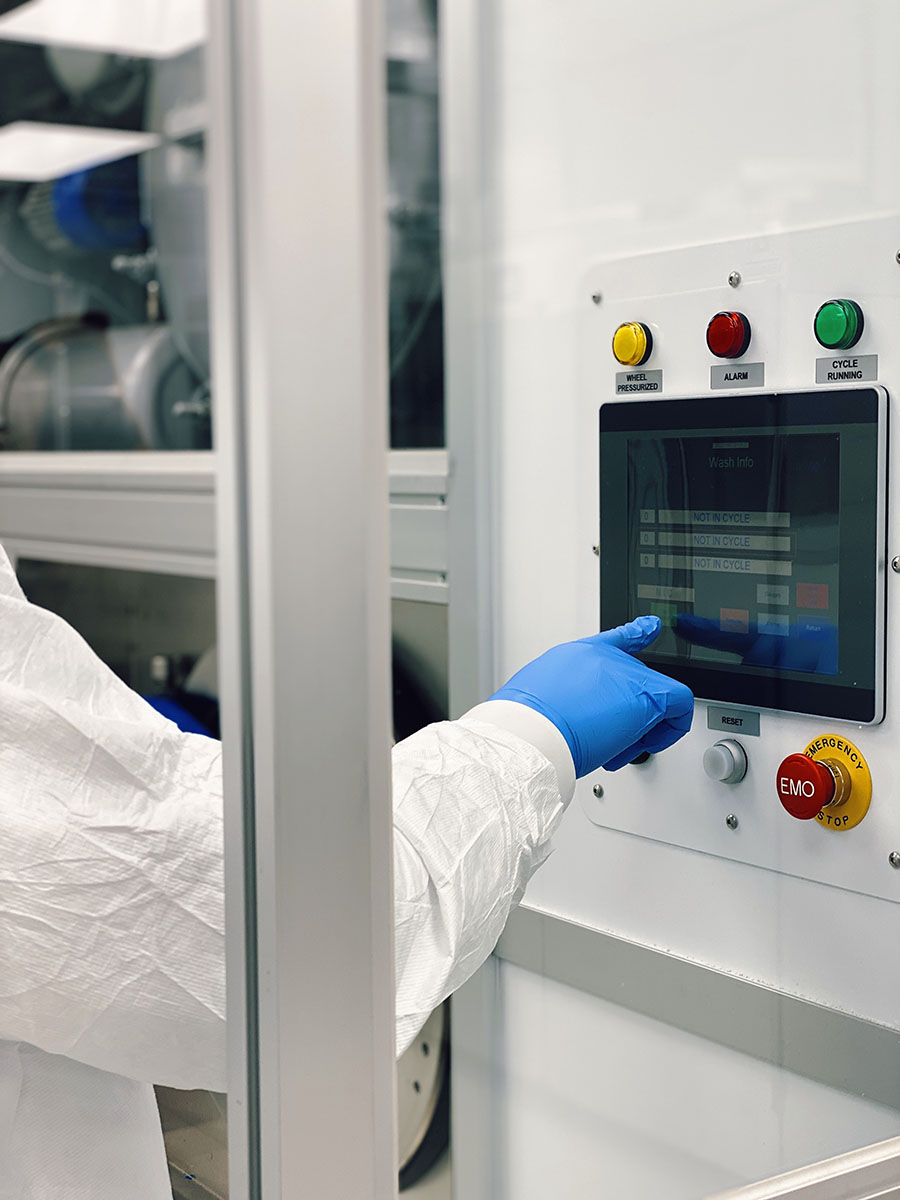
Firefighter Cancer Awareness Month:
What You Need to Know
Firefighter Cancer Awareness Month is a time to raise awareness about the risks of cancer among firefighters and the importance of taking steps to prevent it. Firefighters are at a higher risk of developing certain types of cancer due to exposure to toxins and carcinogens in the line of duty. Therefore, it is important for firefighters to be aware of these risks and take measures to reduce exposure, such as wearing proper personal protective equipment and using proper decontamination procedures. Firefighter Cancer Awareness Month aims to promote education and prevention strategies for firefighters to protect themselves and their colleagues.
firefighter cancer awareness month:
What is it?
Firefighter Cancer Awareness Month is observed every year in January. During this month, fire departments and other organizations may hold events, offer training, or share information to help educate firefighters and the public about the dangers of cancer in the fire service and ways to reduce the risk. By promoting awareness and encouraging prevention strategies, Firefighter Cancer Awareness Month aims to support the health and well-being of firefighters and improve the overall safety of the fire service.
Firefighter Cancer Awareness Month:
Weekly Focus
Firefighter Cancer Awareness Month is an annual event that aims to raise awareness about the risks of cancer among firefighters and the importance of prevention. Each week of the month-long event focuses on a different subject.
Week 1:
the focus is on the scope of occupational cancer in the fire service, defining cancer, and identifying the carcinogens, occupational exposures, and other chemicals found in products of combustion.
Week 2:
Highlights the research being done to better understand the links between firefighting and cancer.
Week 3:
Focuses on prevention and steps that firefighters can take to reduce their risk of cancer.
Week 4:
Provides guidance on how to support fellow firefighters who have been diagnosed with cancer, organizational culture change that favors cancer prevention practices, and how to get support from leadership.
Firefighter Cancer Awareness Month:
Participate
Firefighter Cancer Awareness Month is an annual event that aims to raise awareness about the risks of cancer among firefighters and the importance of prevention. Each week of the month-long event focuses on a different subject.
- Contact your elected representatives and policymakers in the department to advocate for presumptive disability benefits for firefighters diagnosed with occupational cancer
- Donate to cancer research organizations like the Mesothelioma Research Foundation and CancerResearch.org in the name of a loved one.
- Start or participate in training programs to help you personally avoid cancer risks.
- Listening to survivor stories and practicing prevention measures.
- The Firefighter Cancer Support Network provides resources and support for firefighters who have been diagnosed with cancer.
- Social media platforms can be used to spread the word with hashtags like #FFCancerMonth or #ExtinguishCancer.
By taking these steps, we can support firefighters and reduce the number of firefighters who have died from occupational cancer.
How can firefighters reduce their risk of cancer?
Firefighters are at an increased risk of developing cancer through exposure to toxins and carcinogens in the line of duty. However, there are several steps that firefighters can take to reduce their risk of developing cancer:
1
Wear proper personal protective equipment (PPE) - Firefighters should always wear proper PPE, including self-contained breathing apparatus, hoods, and gloves, to reduce exposure to toxins and carcinogens.
2
Proper decontamination - Proper decontamination procedures should be followed to remove as much of the toxins and carcinogens from the skin and gear as possible. This includes removing gear as soon as possible, showering thoroughly, and washing gear after use.
3
Having gear cleaned as thoroughly as possible with techniques that are specifically designed for turnout gear.
4
Avoid smoking - Firefighters should avoid smoking, as it increases the risk of developing cancer.
5
Training - Firefighters should undergo regular training to understand the risks associated with the job and the measures they can take to reduce exposure to toxins and carcinogens.
6
Advocacy - Firefighters should advocate for their health by working with their departments and policymakers to improve cancer prevention measures, such as mandating the use of PPE and implementing decontamination procedures.
By following these steps, firefighters can reduce their risk of developing cancer and protect themselves from the long-term health effects associated with the job. It's important to note that these measures should be followed even if firefighters feel healthy, as cancer can take years to develop after exposure to carcinogens. Firefighters should prioritize their health and well-being by taking proactive steps to reduce their risk of cancer.
Firefighter Cancer Support Resources


